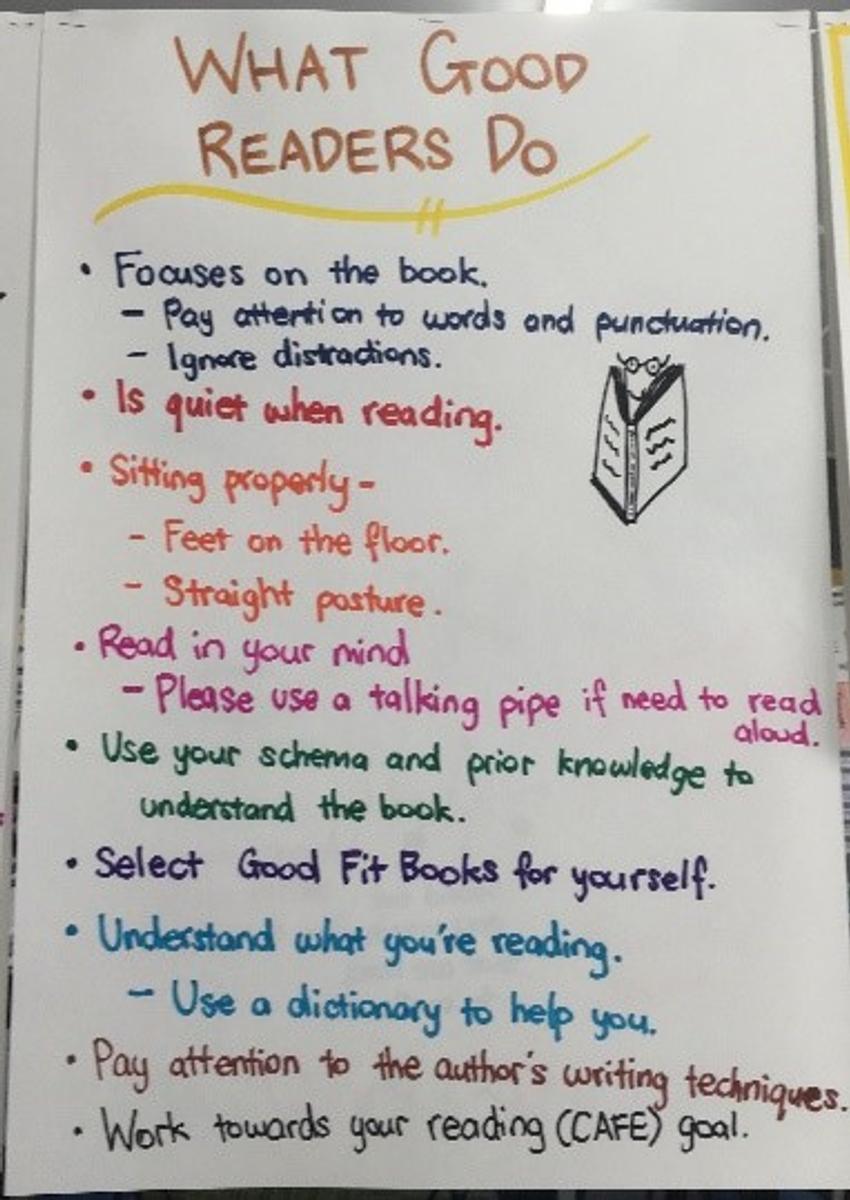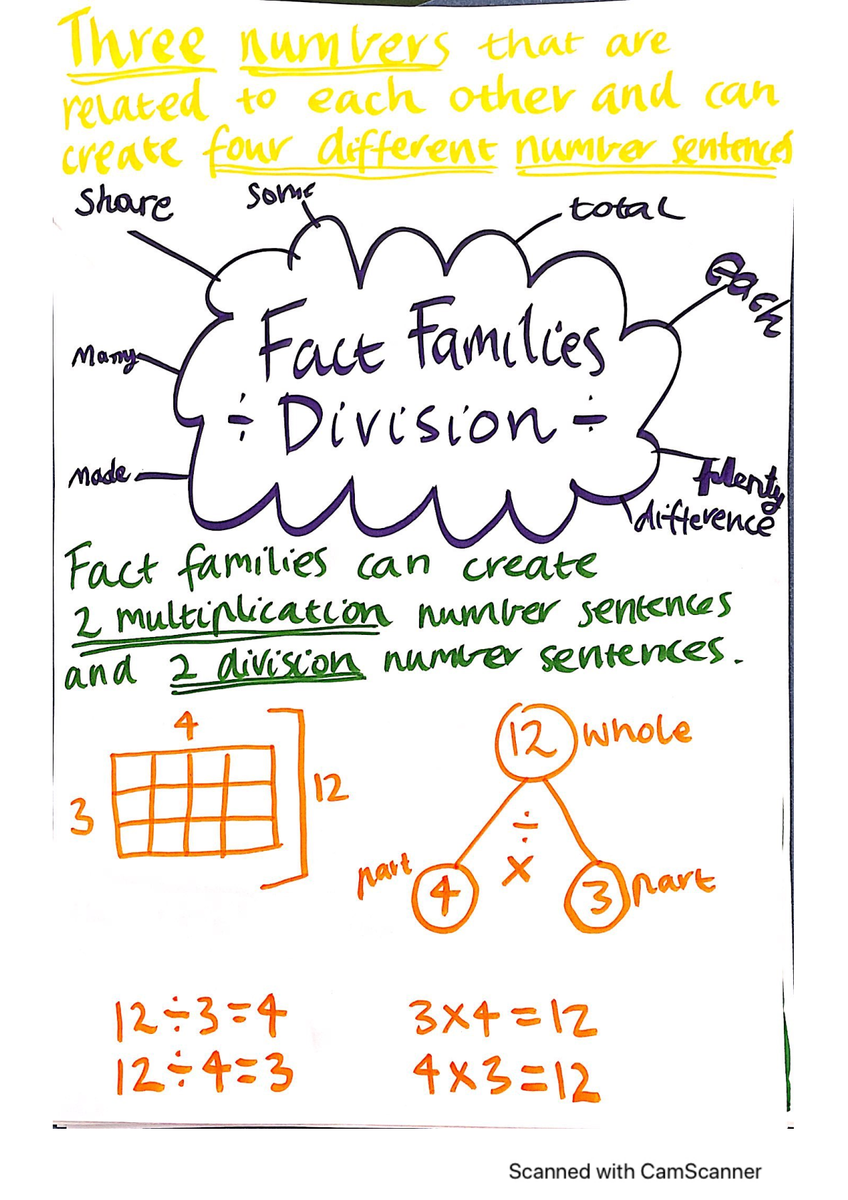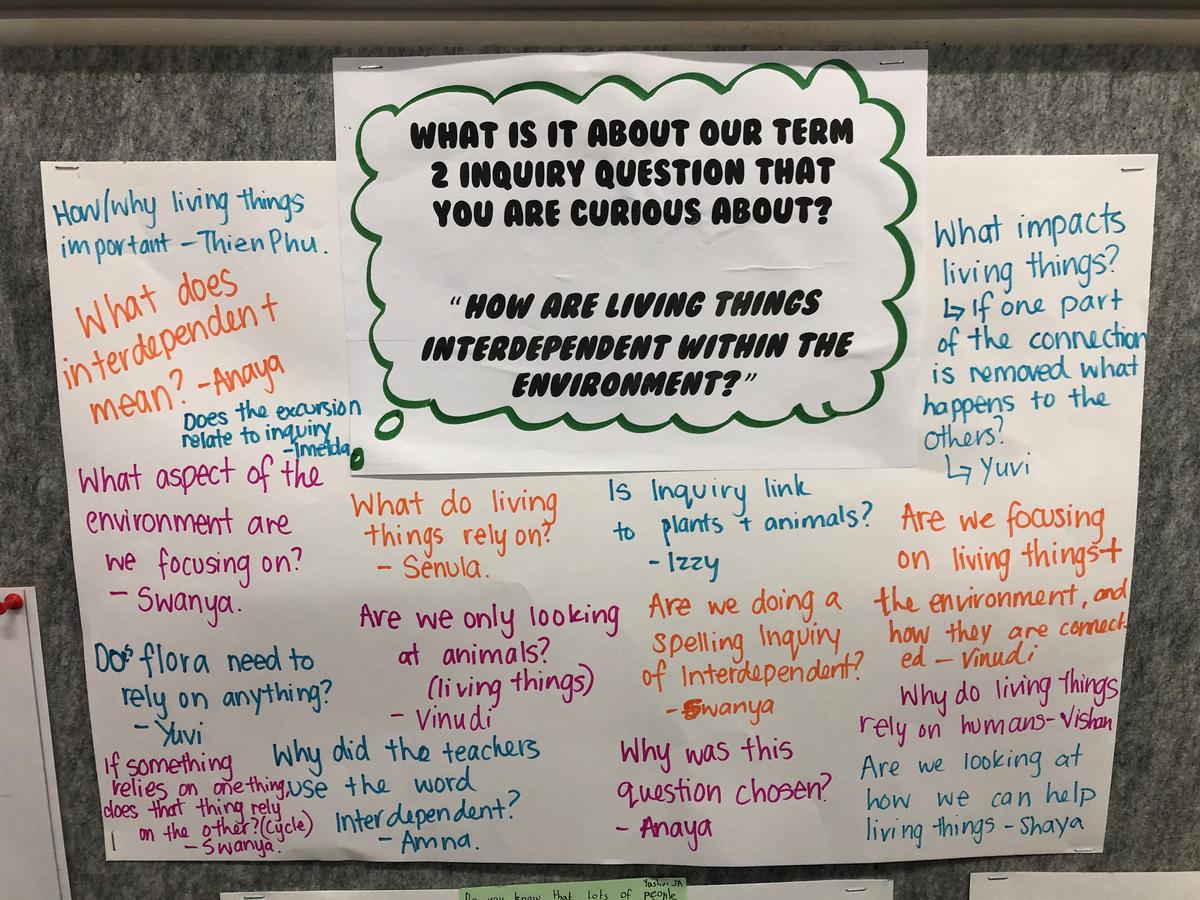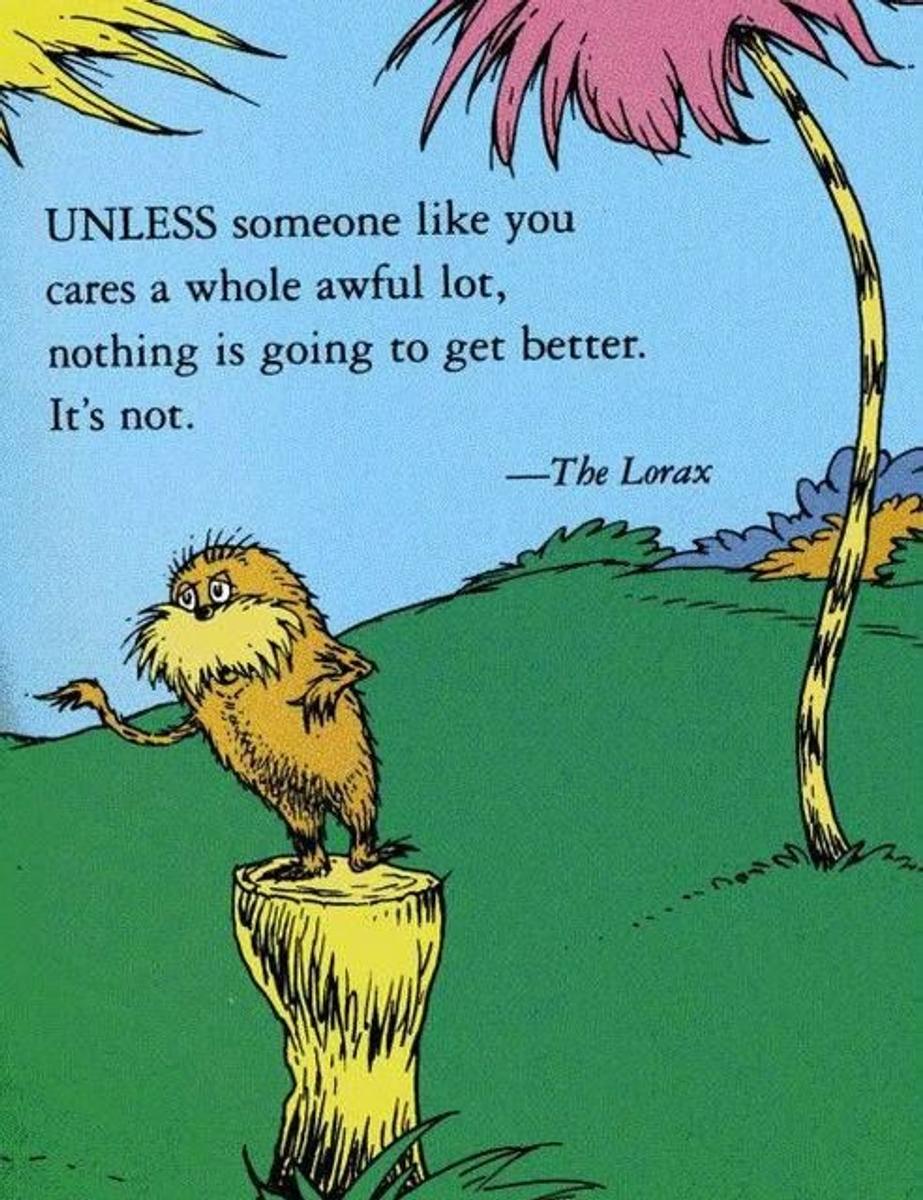Term Two - Level 3
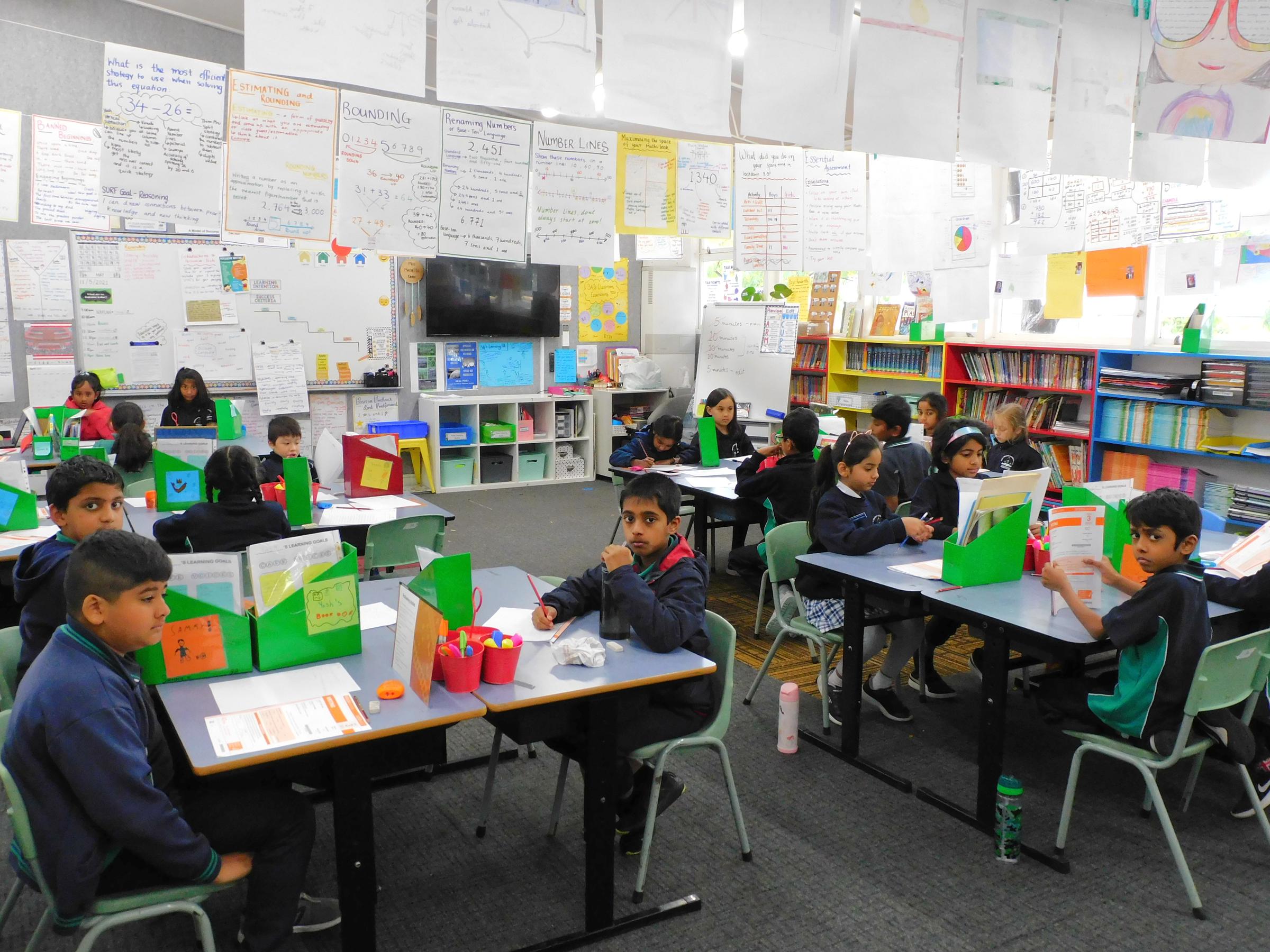
Writing
During Term 2, students will continue to learn how to write an effective persuasive piece using examples and evidence to back up their opinions. Throughout the term, student will experience the entire writing process of plan, draft, edit/revise and publish. We will emphasise the importance of rereading own writing and edit/revise for meaning, clarity and better use of vocabulary. In preparation of NAPLAN Writing, students will practise writing using pass NAPLAN Writing Prompts and following the NAPLAN structure to become familiar with the process. We will then learn to write information reports to align with our Inquiry focus. Personalised writing goals will continue be set through regular writing conference to ensure every writer’s need are catered for.
Spelling
Throughout Term 2, student will continue to develop their spelling knowledge by investigating a range of spelling patterns/generalisations as our weekly spelling focus. We will be focussing on prefixes such as dis-, mis-, un-, im- and non-, homophones, homonyms and consonant digraph of gh, ph and wh. Personalised spelling inquiry and personalised spelling words will continue to be part of our Spelling lesson to continue to expand their vocabulary. Students will learn to spell words they misspelt in their writing as well as from our weekly spelling focus. They will be encouraged to apply their spelling knowledge in their writing.
Reading
In Reading and Viewing, During Term 2, the students will be continuing to analyse persuasive and informative techniques and a variety of vocabulary used, that impact the audience. The students will also be learning about Information Reports, specifically their structure, text features and language used. It is important to remember that children in the modern world access texts in a range of different ways and sometimes a Reading and Viewing lesson could include a variety of learning, using digital devices.
Speaking and Listening
In Speaking and Listening, every opportunity will continue to be given for the students to further develop their speaking and listening skills. This will be through presentations of their learning, group discussions, circle time when each student contributes to a particular topic and also through oral presentations of Home Learning and other topics with which the students need to prepare to present to the class. Active listening will be expected with the audience being encouraged to question the presenter, following their sharing. We encourage confident, clear speaking and active listening at all times. Respect for others thoughts and taking turns, continue to be paramount to any speaking and listening learning tasks implemented in the classroom.
Mathematics
In Term Two, the Level three learners will continue to extend their understanding of the four proficiencies of Mathematics; Problem Solving, Understanding, Reasoning and Fluency and how to apply these strategies within their learning. In our first topic, students will begin to learn a range of multiplication strategies, and the connection between multiplication and division. From there, they will move into Length and Area, focusing on measuring in formal units of centimetres and metres. The learners will also be completing a unit on Time, where they will deepen their understanding of telling time to the minute, and applying knowledge of AM and PM notations.
Inquiry
In Term Two, the students are eager to begin investigating in our Inquiry question of, ‘How are living things interdependent within the environment?’ We will build upon our prior knowledge of Biological Science whilst weaving Sustainability throughout the term with a sequence of learning and explorations. Within this unit students will be investigating different aspects of Sustainability from how the Aboriginal cultures valued the land by utilising all aspects of the ground they stood on, to the impacts and effects of what being unsustainable can cause to our world. Students will be diving deeper into pollution, alongside deforestation and global warming to explore the impact on the world now, then to the future. Students will use digital technologies to research these topics and build their understanding of how to use technology accurately to find relevant information. This learnt knowledge will assist the students transfer their learning into a possible action they can implement, to have a positive aspect on the world that they live in. our students will walk away from this term with a clear understanding into how living things in the world are connected and through this can cause changes to our planet.

